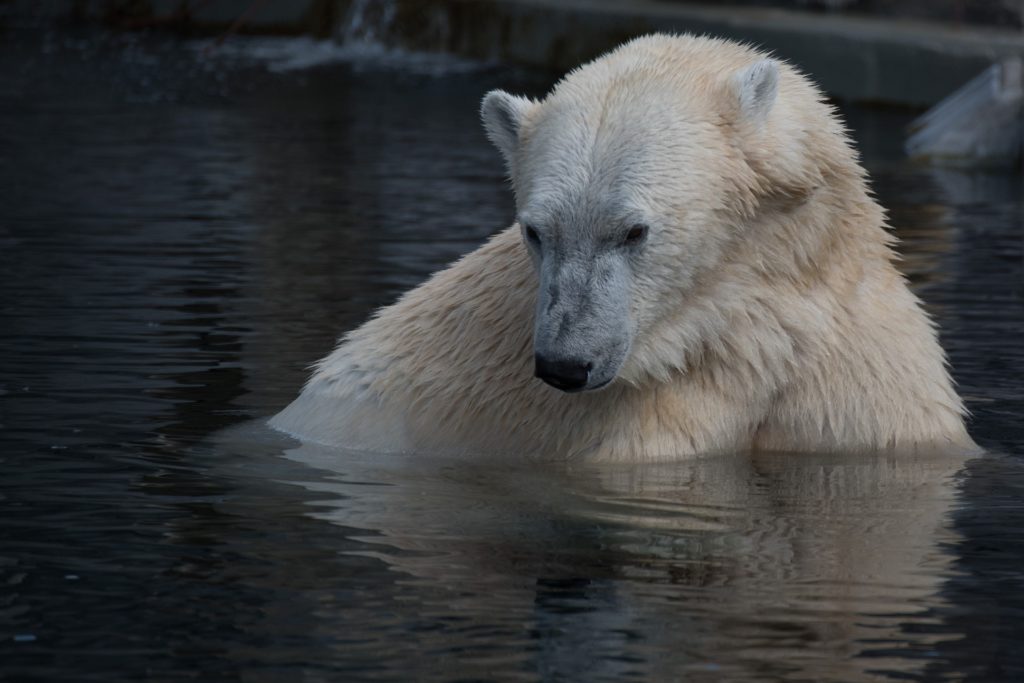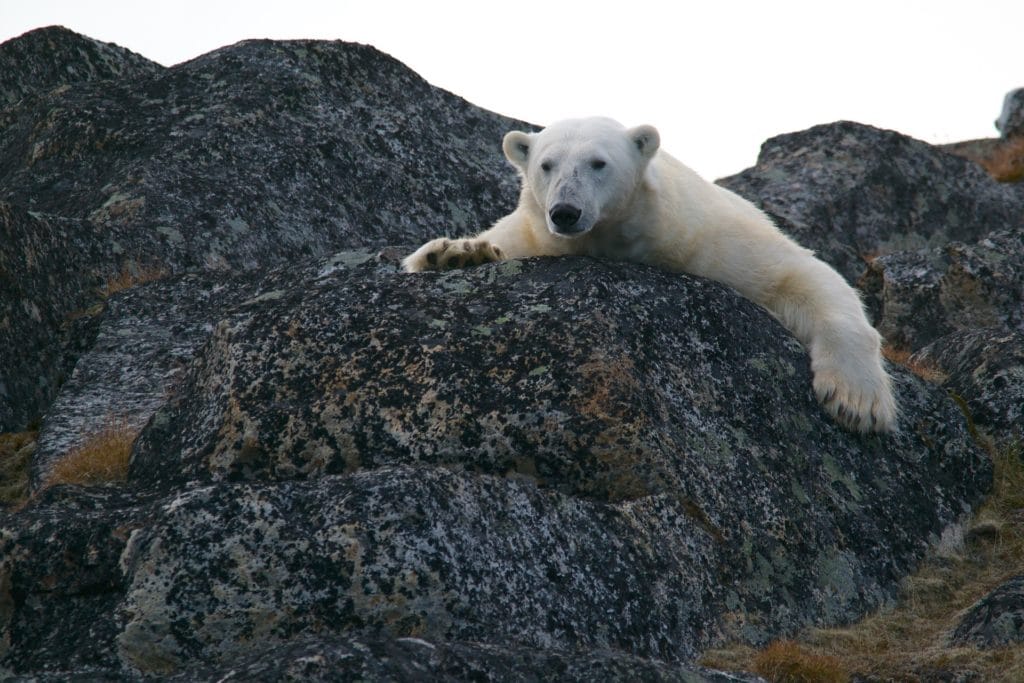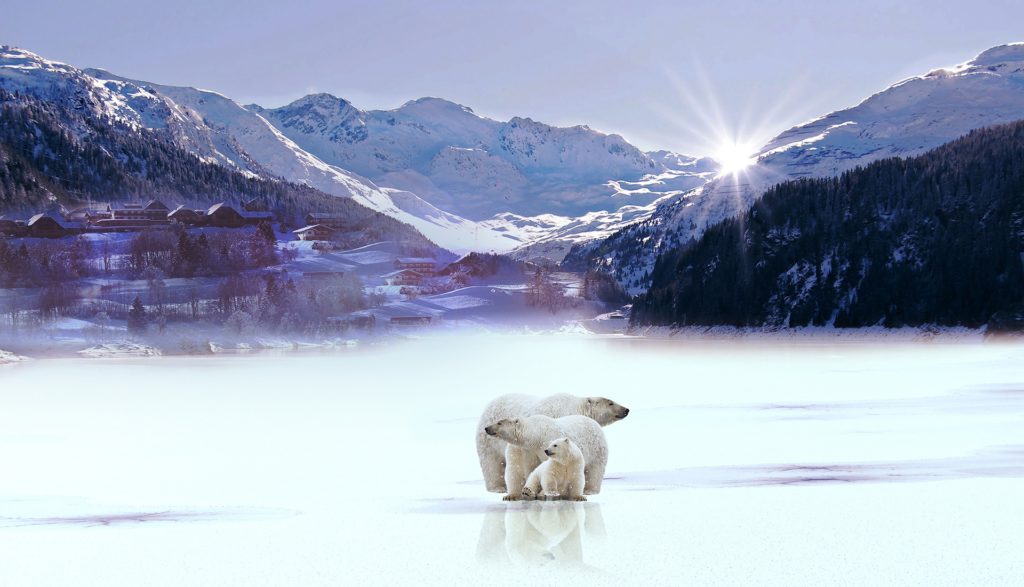Today we’re going to chat a bit about the polar bear. This species is in danger of having its normal world turned upside down due to climate changes. The ice is melting and the polar bears are starting to adapt how they hunt. While the polar bear can somewhat adapt to the changes in our world, we wanted to feature some of the biggest reasons why we should care about the polar bear!

Keep Populations in Balance
Alongside Grizzly Bears, polar bears are considered a must-have in our ecosystem. They’re one of the largest land carnivores and thus helps keep everything in check from thinning out other species to helping keep our environment in check.
Sign of Health
Seeing polar bears thrive in the world helps us see that our ecosystem is in good health. While polar bears are at risk from climate changes, they’re still able to live on land by eating other land animals.

Quickly Move On
As the ice glaciers start to melt, polar bears will move on as we said and hunt on land. The problem is that this will then cause an issue with an overabundance of seals. Polar bears keep the seal population under control, so while it’s great that they will quickly move on, it could be trouble for our ecosystem as a whole.
Other Animals Can’t Eat
Other species like the Arctic Owl and Arctic fox rely on the dead carcasses of food that the polar bears capture for their meals. Scavengers won’t be able to eat if the polar bears start to disappear, as they thrive on eating scraps from the larger predators’ food.

May Turn Vegetarian
Polar bears, just like other animals, will learn to adapt for survival. This could mean that they turn to consume the grass and other rare greens found in the Arctic. This could cause an issue with the few herbivores that reside in the Arctic. The herbivores will no longer have food and could disappear from the ecosystem.
What would happen if polar bears went extinct?
If polar bears were to go extinct it would cause a huge increase in other animals in our world. The seals, walruses, and whales as well as reindeer and rodents would get out of control. While the polar bear lives in the arctic, the downward spiral of increased animals in the arctic would mean that other animals such as fish, and land animals we need to have in our ecosystem will cause harm to other animals and human beings’ food sources.

As you can see there are many reasons why you should care about polar bears. Polar bears play a key role in how our world works and the animals that we have in our world. As the polar bear starts to experience issues with hunting for seals, the seals will get overpopulated and cause an issue with the population of fish that humans need to eat.
Not caring about polar bears can lead down a path that future generations won’t have certain food options anymore to survive.
